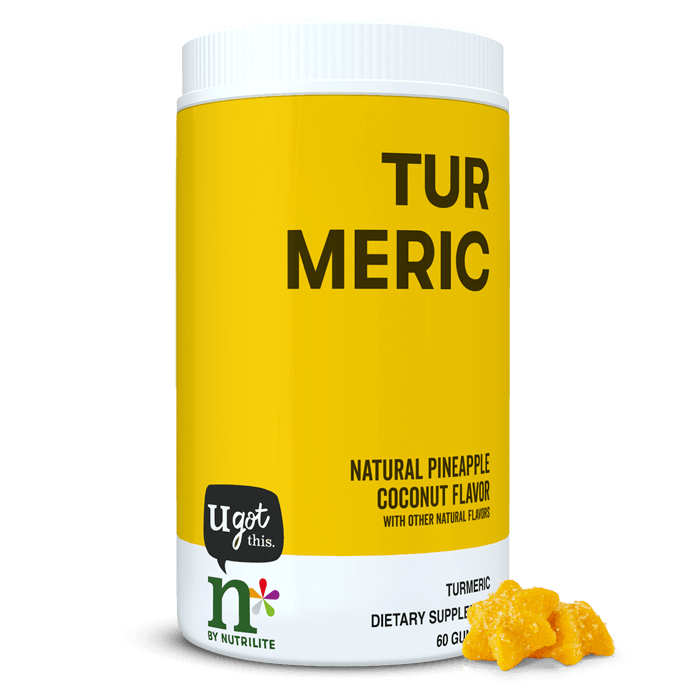| Jon-Paul, Whenever researchers recommend a natural supplement instead of a Big Pharma drug, I consider it a good step in the right direction. So I was happy to read a new study from Asia that found turmeric, the golden spice from the curcumin root, is just as effective as omeprazole at banishing the painful burning sensation caused by heartburn.1 Without any deadly side effects. This is the first direct comparison of curcumin with the popular proton pump inhibitor (PPI). In the study, researchers from Chulalongkorn University in Thailand divided 206 patients aged 18-70 into three groups. The Severity of Dyspepsia Assessment (SODA) score was used to assess patients’ symptoms before, during, and after the trial. The first group supplemented with turmeric four times a day. The second group took omeprazole. And the third group received both. The researchers found that after one month, all three groups reported significant improvements in SODA scores in the pain, non-pain, and satisfaction categories. At the end of two months, these improvements were ever further enhanced in all groups. Why I Warn Against Proton Pump Inhibitors I’ve warned my patients and readers like you to avoid dangerous heartburn drugs for years. New research has confirmed PPIs increase the risk of many diseases, including: Alzheimer’s. In a recent study, researchers closely tracked more than 3,300 heartburn sufferers for six years. They found PPI users had a 38% increased risk of dementia and a 44% increased risk of Alzheimer’s.2 Diabetes. People who regularly take PPIs are almost twice as likely to develop diabetes.3 And the longer these patients took the drugs, the higher their risk. Heart attack and stroke. Long-term usage of PPIs causes blood vessels to become sticky. This allows plaque and blood clots to attach and increases heart attack and stroke risk.4 Hip fractures. Postmenopausal women who take a PPI for two years are at a greater risk of breaking a hip.5 Lung diseases. A study of nearly 5,000 patients determined that lung disease was 11% higher for those who used PPIs regularly.6 Additional research has linked PPIs to chronic kidney disease… liver cancer… and anemia. Stomach Acid Is NOT Your Enemy Traditional doctors will tell you that your heartburn is caused because your body makes too much acid. But the real problem isn’t having too much. It’s having too little. You need stomach acid. It helps digest your food and absorb nutrients. Stomach acid is also an important part of your immune system. It also helps protect you from harmful bacteria. The real cause of heartburn is the inefficient closing of your lower esophageal sphincter (LES) — thanks to the overload of unnatural grains, preservatives, artificial sweeteners, and other additives in our modern diet. Your body has a hard time breaking these alien ingredients down. Your LES, a small muscle that opens and closes to allow food to move from your esophagus into your stomach, is overwhelmed. And when it doesn’t close completely, food, bile, and acid flow back into your esophagus, causing painful heartburn and indigestion. Alleviate Heartburn With Turmeric Tea I recommend soothing the painful burn by sipping a cup of turmeric tea. I combine it with ginger, which research shows can strengthen the lower LES. Here’s a recipe I learned from natural healers I studied with in Bali. Of course, you can always supplement like the patients in the study did. Look for a quality supplement that contains at least 1,000 mg. I did a quick search of the labels of a handful of popular brands. Most had a paltry dosage of around 450 mg. Also be sure it contains piperine to increase bioavailability. Further increase bioavailability by taking it with a healthy fat. To Your Good Health, |
